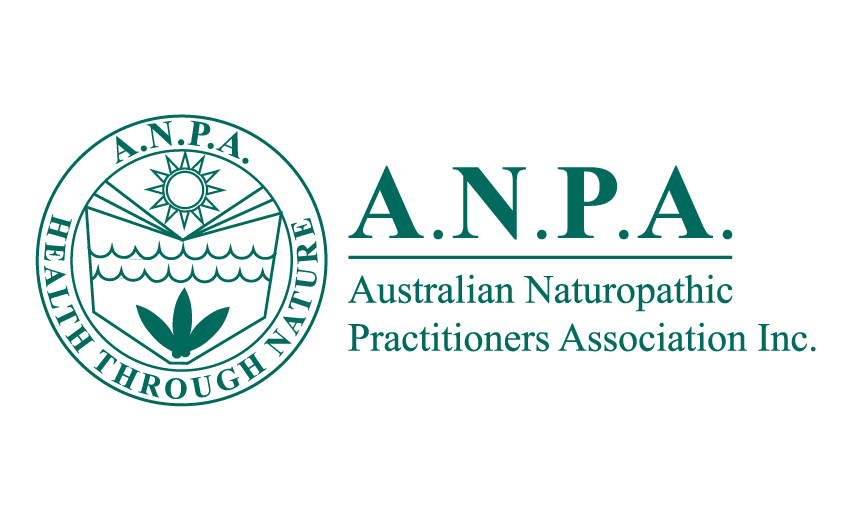Naturopathy

Naturopathy is a complete and distinct system of health care and has existed for more than 100 years. Benedict Lust (1872 - 1945) one of the founding fathers of the profession settled on a name in 1901 for the amalgamation of various therapies and called the profession Naturopathy. Naturopathy is different from conventional medicine because we focus on a well-being model rather than a disease model. Often naturopathy has answers for many gaps in mainstream care because the approach is different. Treatment is tailored and unique for each patient.
Henry LIndlahr (1862-1924) brought further fundamental knowledge to the profession when he stated that health is fundamentally based on three tenets - a robust vital force, adequate nutrients that replenish and nourish the tissues via the blood and the lymph, and importantly, that toxins and (morbid materials) in the tissues are removed. Healthy functioning is when these three aspects are in balance. The body, the mind and the spirit are integral to a naturopathic approach to wellness.
In addition to these three tenets, six foundational principles guide the practice of naturopathy:
- The healing power of nature
- First do no harm
- Find and treat the cause whenever possible, not only the symptoms
- Treat the whole person
- Doctor as teacher / educator
- Prevention
These principles are kept in mind when a naturopath takes a case, develops a treatment plan and offers maintenance strategies for long term good health.
Naturopathy is art informed by science. Prevention is core to the practice of naturopathy. Today naturopaths use scientific evidence as well as traditional evidence in practice for optimal patient health. The natural environment has always been strongly connected to the practice of Naturopathy.
Naturopathy is lifestyle medicine. Balance in lifestyle choices has been paramount since the inception of the profession. These lifestyle choices include eating quality food, drinking clean water, appropriate physical activity, healthy relationships, quality sleep, clean air to breathe, rest and relaxation.
Naturopaths manage both acute and chronic conditions and is well suited to anyone at any age. Naturopathic case-taking often uncovers dis-ease long before it has become a diagnosable pathology, and many naturopaths work as part of a care team with other medical and allied health practitioners to cover all aspects of a person’s health.
Naturopathic modalities
Naturopaths use various modalities in their practice. These may include:
- herbal medicine,
- nutritional medicine,
- acute care homeopathy,
- dietary and lifestyle advice,
- massage therapy, or
- other therapies.
Naturopaths facilitate the healing process by removing obstacles to improved health and identifying treatments to enhance healing. They aim to treat the underlying causes of illness, rather than just the symptoms of disease – although symptomatic relief can certainly form part of a short-term treatment plan.
Content generously contributed by Australian Naturopathic Practitioners Association



